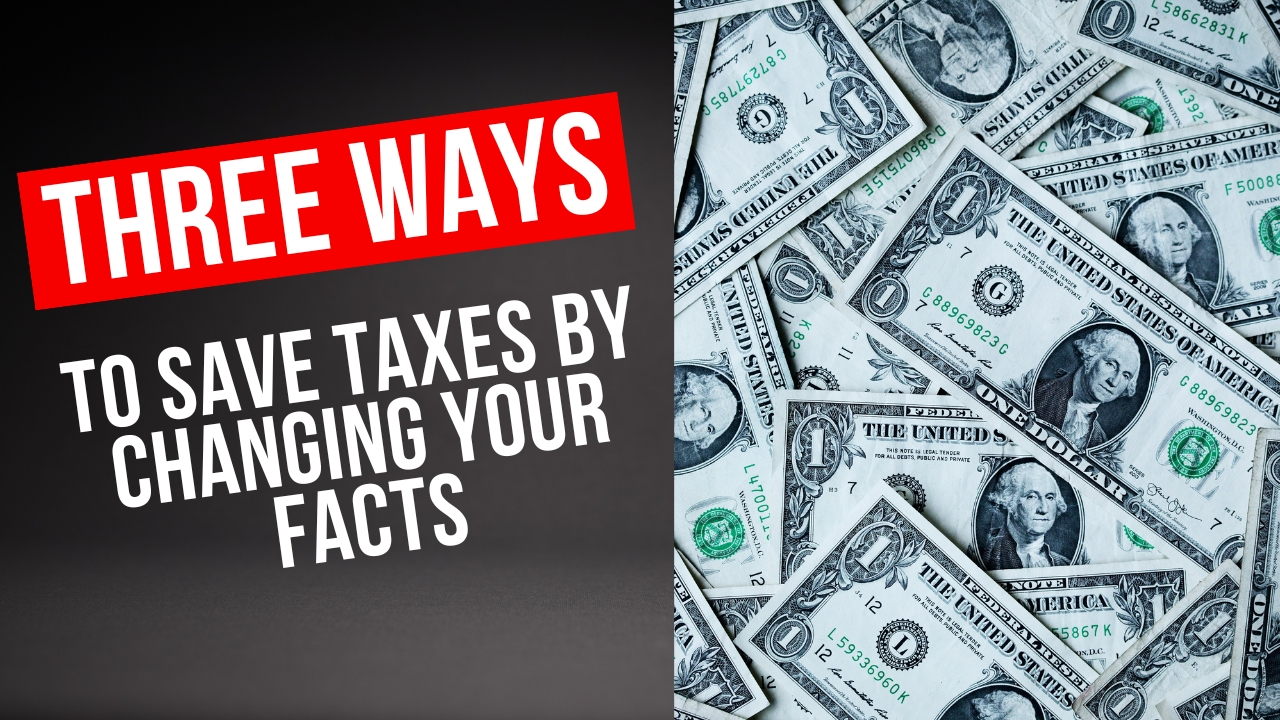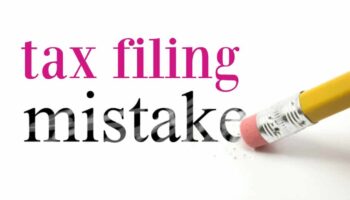Did you know that the majority of tax laws are written to motivate certain behaviors?
The government will use tax laws to levy more taxes. But it will also use tax laws as tools to shape the economy by promoting social, agricultural, and energy activities.
The government wants the economy to grow. To achieve this goal, the government provides incentives to people to engage in the activities that will drive growth in the economy.
The wealthy understand this. So, they take advantage of these tax laws and engage in the activities that provide tax incentives. And by doing this, they save a lot in taxes.
The poor and the middle class don’t understand this. They don’t see anything good in the tax law. As a result, they miss out on many tax incentives hidden in the tax law.
If you want to save on taxes, you have to model what the wealthy are doing and engage in similar activities.
Why is it important to save on taxes?
If you have a decent income, then taxes are your biggest expense. As a result, taxes will be a major obstacle to building wealth.
The average person in a developed country (Canada included) spends 20 to 35 percent of their life working to pay taxes. In other words, an average person dedicates more than two hours of every workday to feed the government.
If you do the math, this is equivalent to approximately 13 years in your work life and 20 years in your lifetime.
This is a prison sentence!
So, if you don’t pay attention to how much taxes you’re paying, you’re essentially allowing the government to steal your money and your time. The fastest way to put money in your pocket is by reducing your taxes.
To reduce your taxes, you have to model what the wealthy are doing by changing your facts.
Here are 3 easy ways to change your facts and reduce your taxes:
1. Start a business
The majority of the tax law is written to help businesses save on taxes. This is one reason all wealthy people own businesses. They get it.
Owning and operating a business is one of my favorite tools for managing taxes and accelerating wealth.
Not only does a business give you great flexibility for the deduction of expenses, but it also creates a valuable asset that continues to generate cash flow today and in the future.
In addition to this, you enjoy all the other benefits that come with owning a business such as your ability to control your own destiny; the flexibility to choose who to work with; the opportunity to pursue your passion; and the pride in building something of your own.
If you take a look at most economies in the world, Canada included, small businesses account for the majority of the jobs created. In other words, small businesses are the engine of most of these economies.
In Canada and in most of the developed economies, the government recognizes this. As a result, there are associated tax benefits in the Tax Act to encourage new businesses so that these businesses can continue to create jobs for the economy.
Some of these benefits include the preferential tax rates that businesses enjoy. For example, a business in Canada will pay taxes of approximately 12% on income earned. This is much lower than the top marginal tax rate of approximately 54% that an individual pays on income over $220,000.
In addition, owning a business will allow you to convert what would otherwise be an after-tax expense to a tax-deductible expense.
It is also a smart way to split income amongst family members, which effectively reduces or eliminates taxes that would otherwise be paid.
By owning a business, you have the flexibility to deduct many expenses. Expenses such as vehicle expenses, meals and entertainment, travel, and home business expenses that the normal person pays with after-tax dollars can be strategically converted to before-tax expenses.
2. Invest where you travel
If you love to travel, you can arrange your affairs in such a way as to invest in places you love to travel. By doing this, you can strategically convert all or a good portion of your travel cost to a business travel expense.
If you regularly travel with family, your family members can be actively involved in your business. This way, travel costs for all family members can be deducted.
For example, if you live in Toronto and you love to travel to Calgary, you can invest in rental properties in Calgary. By doing this, you can arrange your affairs such that your travel expenses can be deducted for tax purposes.
For the travel to qualify for tax deductions, you will have to comply with the tax rules related to such expenses. For example, the expense must be business-related, it must be necessary and reasonable.
3. Renegotiate the terms of your employment
If you’re employed full-time, you can renegotiate the terms of your work arrangement and lower your taxes by doing so.
You can change from a full-time employee to an independent contractor. As an independent contractor, you can set up a business entity and provide the same services you were providing to your employer.
By doing this, you can lower your taxes. Rather than pay taxes using personal tax rates, you will now pay taxes using business tax rates and save on taxes.
Doing this will require consultation with a tax specialist to ensure that you comply with the tax rules to get the full benefit of working as an independent contractor.
As a full-time employee, another idea is to structure your employment agreement so that you can work from home. This can allow deductions for a number of home-related costs that you’re already paying for anyway.
With this idea, your home office must either be your principal place of work (more than half your working time must be spent there), or it must be a space designated solely for your work and used on a regular and continuous basis for meeting customers or clients.
In Conclusion
“Some taxpayers close their eyes, some stop their ears, some shut their mouths, but all pay through the nose.” — Evan Esar
If you want to save on taxes, your biggest expense item, consider changing your facts.
You can start a business.
Invest in cities you love to visit.
And renegotiate the terms of your employment with your employer.
Remember, money saved in taxes could be put to other uses…
Save it.
Invest it.
Enhance your lifestyle with it.
Give it away.
P.S. I am on a mission to arm you with financial education. That’s one reason I started the Tax-Efficient Wealth Membership Network. To learn more about the support and tools we provide to our members to help them build tax-efficient wealth, click here.






